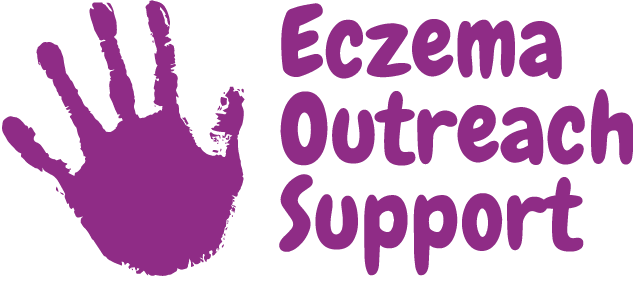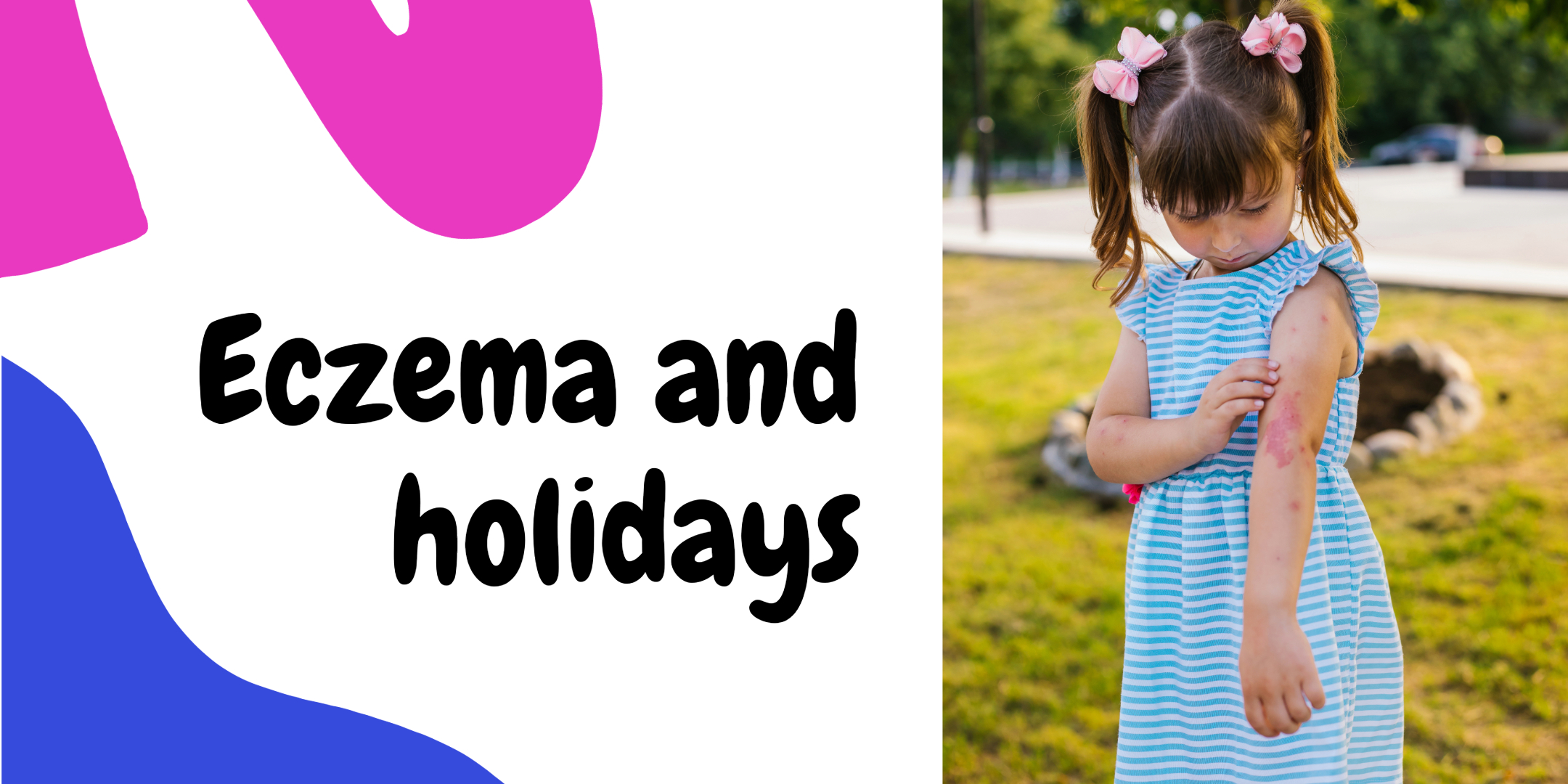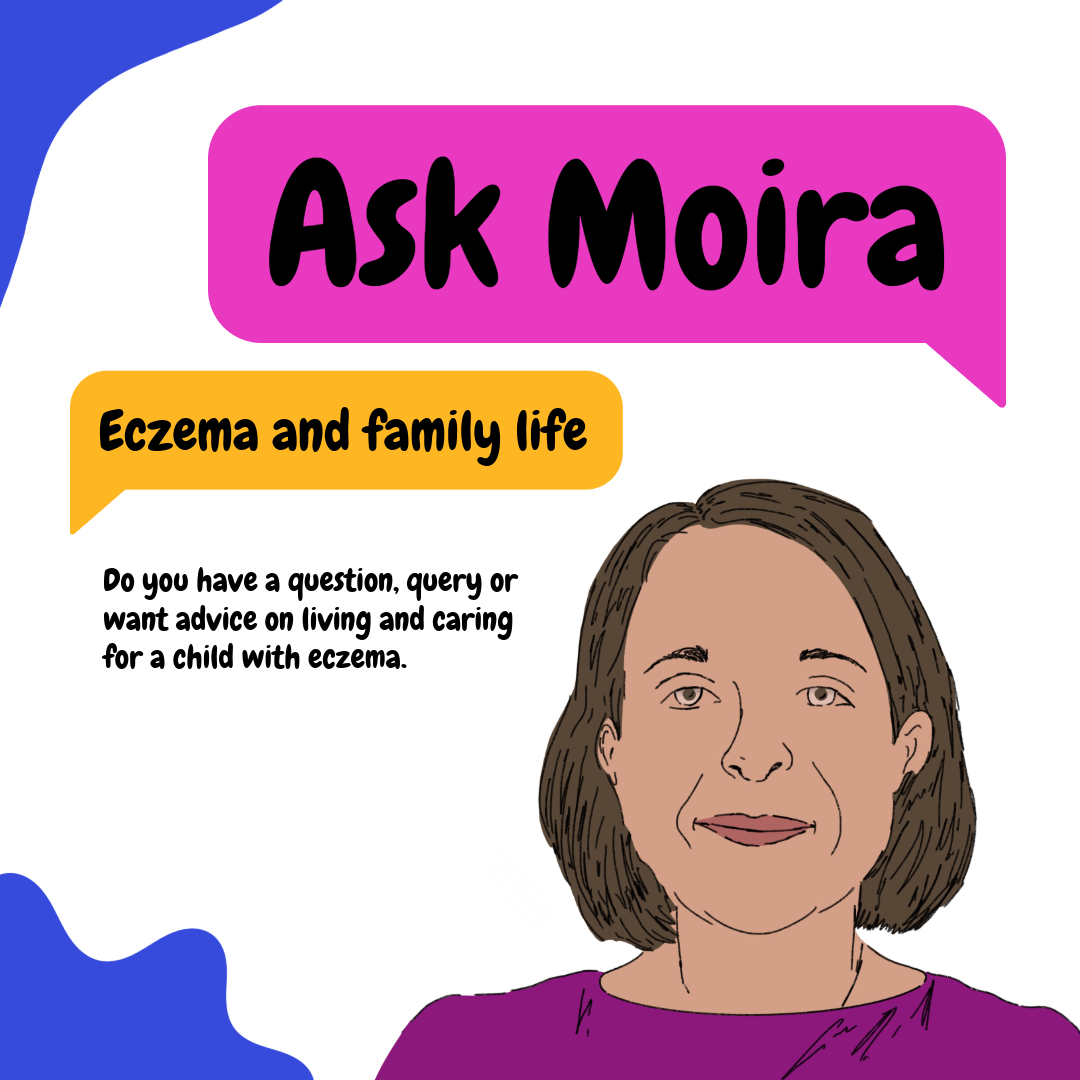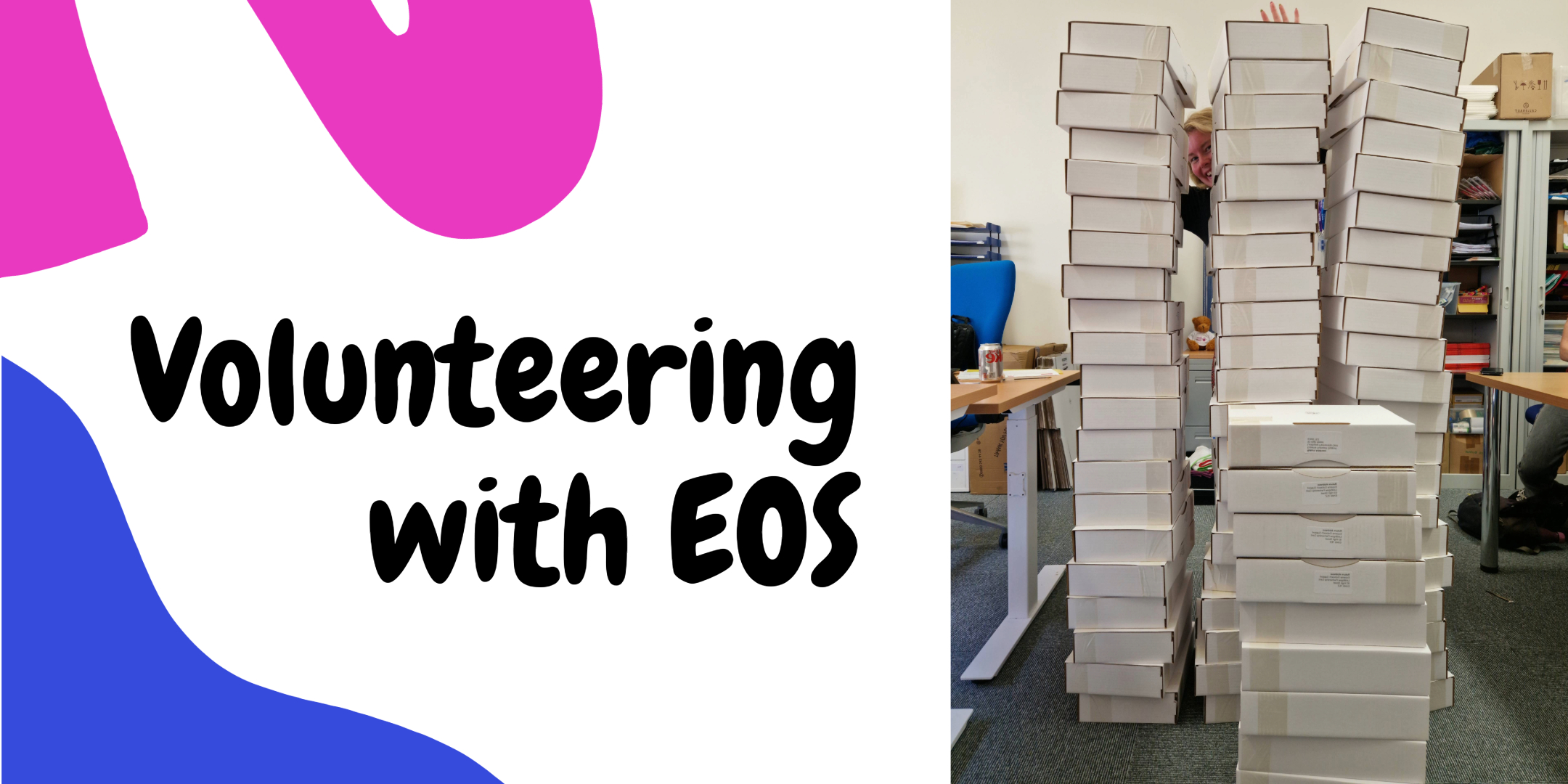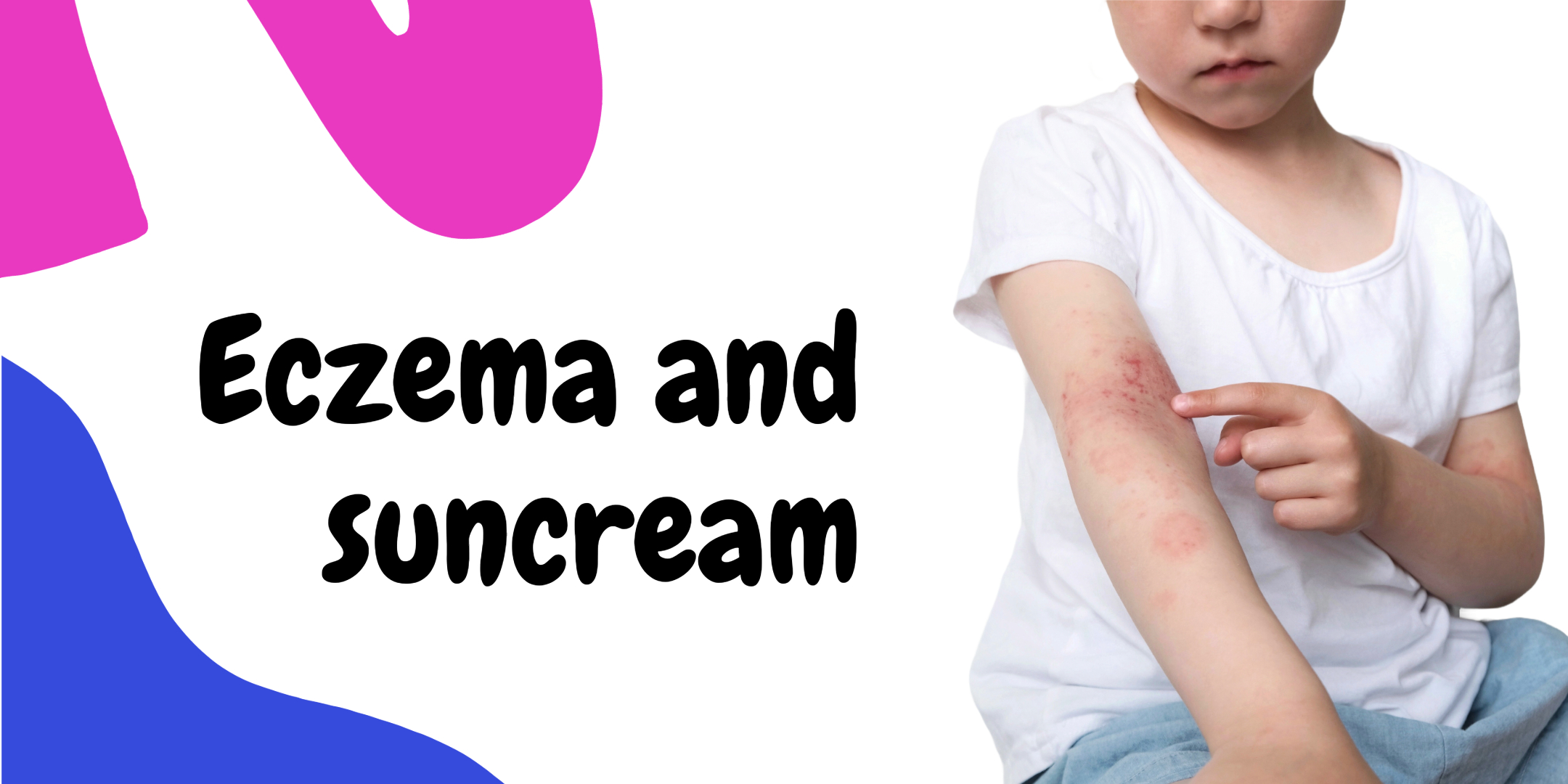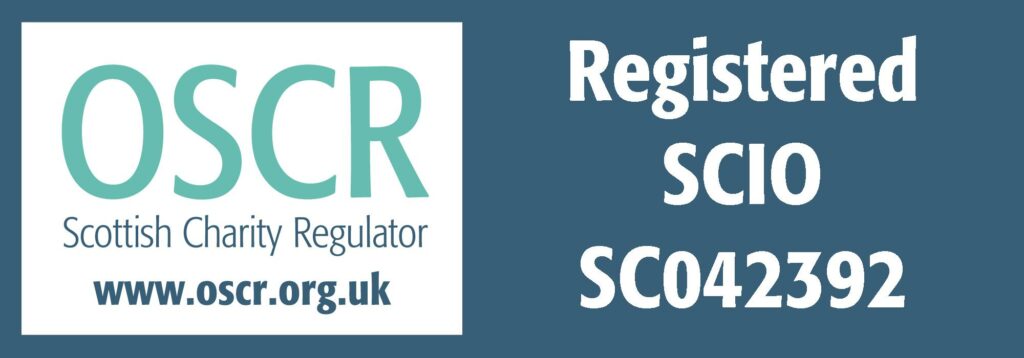If you are heading off on a long awaited summer holiday you will most likely be excited but anxious about caring for your child’s skin in a new location.
Whether you are travelling to an exotic destination, or holidaying closer to home, being in a new space can cause difficulties for eczema prone skin.
The change in climate can aggravate skin and changing routine, diet and sleeping quarters could cause a flare. While there is no way to guarantee your child will avoid a flare up, there are steps you can take.
Sunshine
Overheating, sun cream and sweat can cause eczema to flare and a small percentage of those with eczema also react to sunlight making summer very difficult.
Apply sun cream at least half an hour after any emollients have been applied to the skin and use a brand especially for sensitive skin. We have a whole blog on the best sun creams for eczema and you can find it here.
If your child has photosensitive eczema, you can get UV blocking full body suits and hats which may be suitable for your child and allow them some outdoor time in the good weather.
Fabrics
Lots of summer clothes can be made from man made fabrics that aggravate skin, Look for 100 per cent cotton clothing and if that isn’t possible – like with swimming clothes – try to keep these fabrics on the skin as little as possible.
Bedding may be made from mad made fabrics too, or washed in a powder that doesn’t agree with your child’s skin. If you are travelling by car, you could consider bringing your own bedding. If you are going by plane this might not be possible. You could contact the accommodation ahead of time to ask what materials their bedding is and some can provide hypoallergenic bedding. Alternatively you could squeeze in a sheet washed at home to your luggage to be safe.
Medication
You can bring any prescriptions in your hand luggage as long as they are clearly labelled with your child’s name on the prescription even if they are bigger than 100ml. This means that if your luggage gets lost, you have your medications on hand.
Different countries have different rules on over-the-counter drugs so it is worth taking medications like antihistamines and pain killers that you could need.
General
Avoiding the hottest times of the day, between 12-3pm, can help skin overheating and reacting while for some eczema sufferers going for a swim in the sea can soothe their skin with the salt water helping to heal.
Be careful of sand contacting the skin as this can also be a flare for some suffers, long sleeves or beach shoes are available to help minimise contact with sand.
